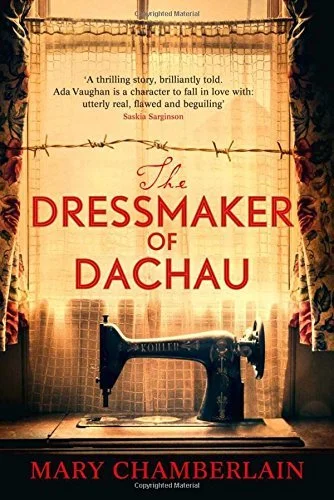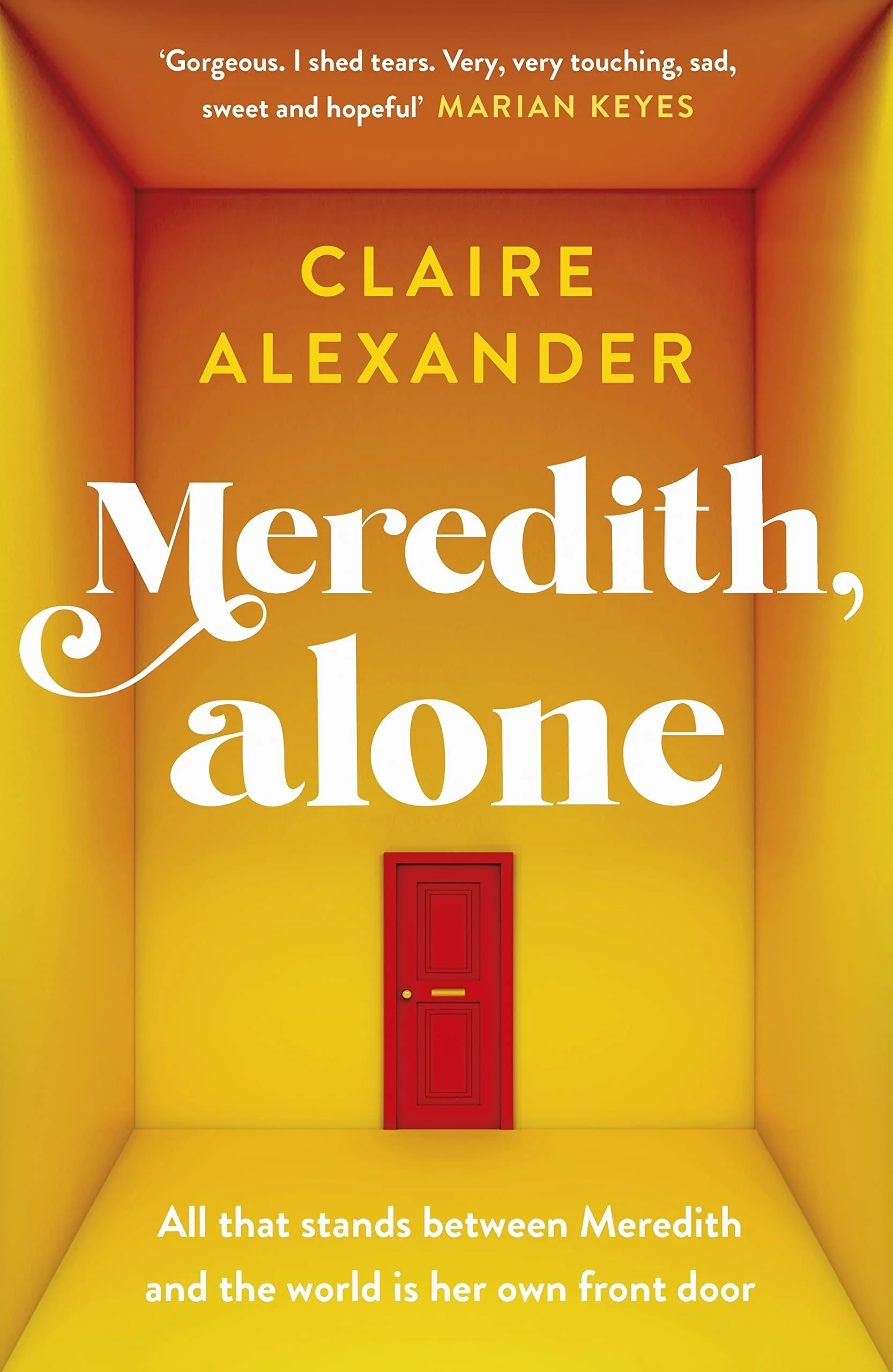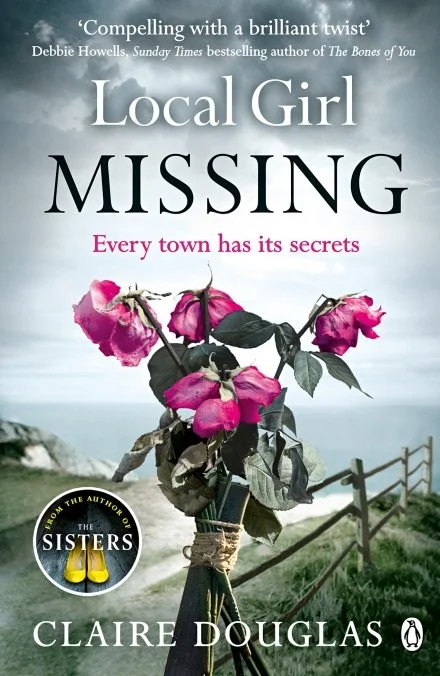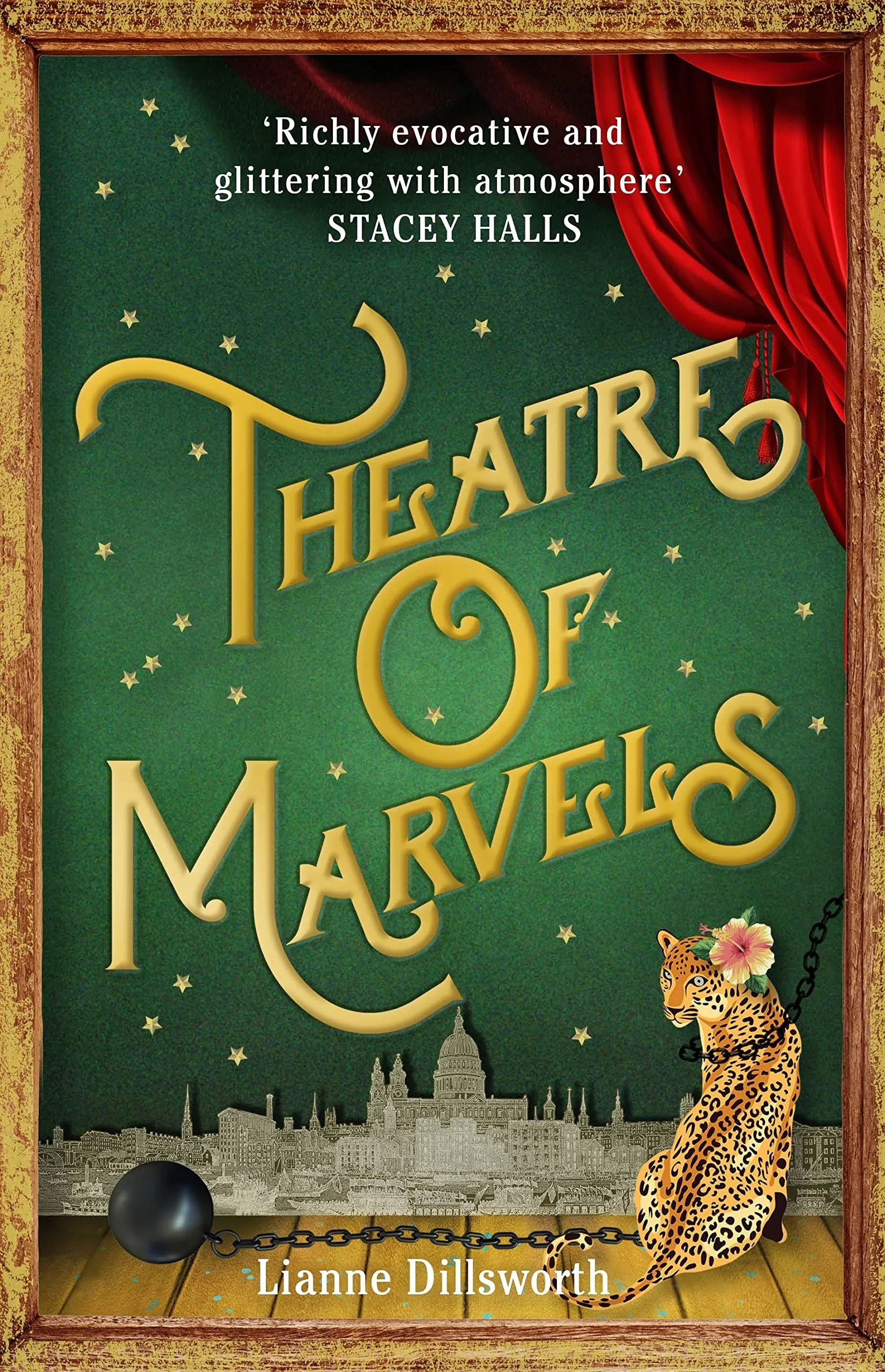What’s in a name?
In this week’s blog, Juliet sat down to talk all about book titles - specifically, about how common it is for them to change! Many Mushens Entertainment books originally had different titles - do any of them surprise you?
We talk a lot about book titles – what makes a good one, what makes a bad one – but one thing we don’t talk about that much is how common it is for book titles to change. In my career I have seen a lot of book titles undergo radical shifts. Sometimes the author submits to me under a particular title and we decide to change it before it goes on submission, and sometimes once it’s been acquired by a publisher they then decide that it doesn’t quite work for them. And then there are the book titles where everyone thinks it’s not quite right, but we get stuck coming up with something better so revert to the original!
I tend to think that a great title can really help a book cut through the market: if it’s memorable and gives me a sense of the story I definitely find it makes something jump out at me. Examples of intriguing narrative titles for me include: The Book of Night Women, The Time Traveller’s Wife or The Curious Incident of the Dog in the Night-time. However, I’ve absolutely signed novels where I’m not keen on the title (maybe it sounds like a different genre, or it’s difficult to remember, or it sounds odd) with the knowledge that I’ll want to change the title before we submit it to publishers.
Some examples of book titles which we changed before submitting to editors:
The Lifehouse by Abigail Dean became… Girl A.
Whilst I was reading this on submission I kept thinking ‘Lex’s voice is so powerful… and the structure of the novel is based around each of the children… it has to be called Girl A.’ To me, The Lifehouse sounded quite self-help. Luckily, Abigail agreed!
Ada by Mary Chamberlain became… The Dressmaker of Dachau.
This richly drawn historical novel centres around the murder trial of a young woman, Ada, who is caught up in the German occupation of France in WW2. I felt that Ada wasn’t a very narrative title and could have been any genre whereas The Dressmaker of Dachau instantly provoked many questions as well as placing the book firmly in the time period. Interestingly, a lot of books after it followed the same naming convention.
Angelface by Claire Alexander became… Meredith, Alone.
I instantly loved Meredith, the protagonist of Meredith, Alone – she hasn’t left her house in nearly 3 years for reasons (non-pandemic related!) which you discover. For me ‘Angelface’ (the nickname her mum gives her) made it sound like a misery memoir, rather than a warm and uplifting narrative journey about a woman you love coming into her own. Claire went back to the drawing board with titles and we were unanimous in our support for Meredith, Alone.
Some examples of books which we submitted to editors under one title, but were published under another:
Hear No Evil by Nell Pattison became… The Silent House.
Paige is a BSL interpreter for the police helping interview a Deaf family whose child was killed whilst they slept upstairs. I loved the title Hear No Evil but the publisher felt that The Silent House encapsulated that fear of being in the house whilst something unspeakable happened, and it worked perfectly with their shoutline of ‘There’s someone in your home… but you can’t hear them.’
The Downfall by Laure Van Rensburg became… Nobody But Us.
The Downfall never felt to be quite the right title to really encompass the novel: a holiday cottage surrounded by snow, and a couple who each have their own sinister agenda. When Laure came up with Nobody But Us it instantly captured the sense of isolation and intensity of the relationship.
The Pier by Claire Douglas became… Local Girl Missing.
Claire’s novels all have a ‘ripped from the headlines’ feel to them so whilst the pier is a crucial location for her domestic suspense novel, the publisher wanted a title which felt more familiar to readers as something they might read in a local news story. We all loved the title, given the book is about a local girl’s disappearance, and felt really compelling as a way into the story.
Age of Monsters by Lianne Dillsworth became… Theatre of Marvels.
I loved ‘Age of Monsters’ as a title – set in a Victorian theatre where a young mixed-race woman pretends to be The Great Amazonia from Africa. I loved the fact that the real monsters were not those exhibited on stage but the people who ran the shows. But the feeling from the publisher – and the author agreed! – was that people might misread it as not historical, or somewhat fantastical, and that Theatre of Marvels felt more glamorous and allowed them more freedom to come up with a truly spectacular cover. Which they did!
Overall, most of the time when someone raises issues with a title, the author and I will brainstorm with the editor to come up with something which we feel addresses those concerns. Of course, sometimes the conversation can become quite heated if the author feels particularly strongly about their title, but 99% of the time it’s a very positive and collaborative discussion where they’ll recognise that everyone wants the same thing: to reach the widest possible market for the book.
What do you think? Do you prefer some of these original titles?







